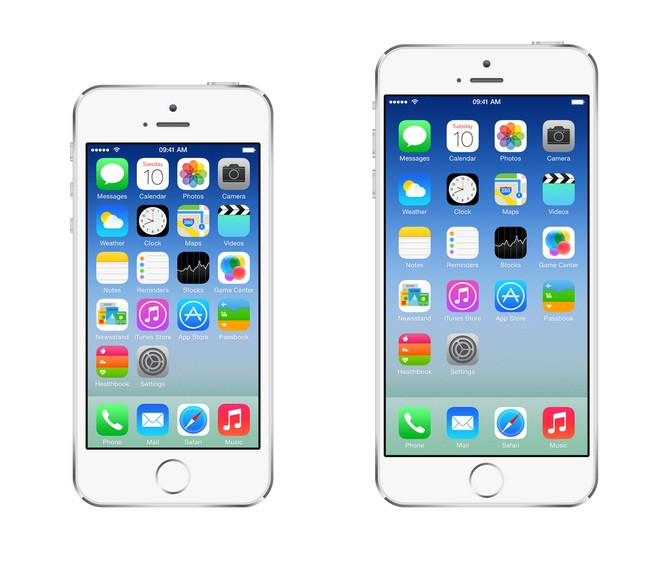Apple New Patent Could Bring Automatic iPhone Unlock and Location Based Security Features

Tech major Apple has filed for a new patent, which could allow iPhone users to automatically unlock their devices in known locations such as home or office.
However, this system reportedly comes with a hitch; Once the user exits a particular known location, the device automatically gets locked again.
For the 'automatic unlock' to function, iPhone users need to classify a particular location, such as home, office, or a particular food joint, as 'safe' places to unlock their devices.
These 'safe' areas eliminate the need for complex authentication mechanisms such as having to key in an unlock passcode or having to remember multiple IDs.
"Based on the detected current location, the mobile device can modify settings and configurations," states Apple in its recent patent filing.
The Cupertino-based company's latest patent application hints at a feature that should be capable of loading default user profiles according to geography-based location settings.
The yet-to-be-official feature should also lead to development of multiple security levels that users can customise.
Location based changeable security levels should work in tandem with the iPhone's GPS, Wi-Fi, and Bluetooth.
When this feature goes official, iPhone users should notice their iPhones behaving differently in different locations. iPhones in "safe" zones should unlock automatically while those outside the "safe" areas should require unlock mechanisms such as a passcode or even two-factor authentication (futuristic).
Also, apps corresponding to a particular "safe" zone could load up by default. For instance, apps related to office work could load up on the iPhone's home screen as soon as an iPhone user enters the workplace.
If official, this functionality could offer the iOS platform an 'intuitive' edge over rivals.
However, Apple's latest patent, once approved, could lead to better security in its future iPhones. We cannot rule out the possibility of iPhone 6 offering "automatic unlock" functionality to its users.
© Copyright IBTimes 2025. All rights reserved.





















